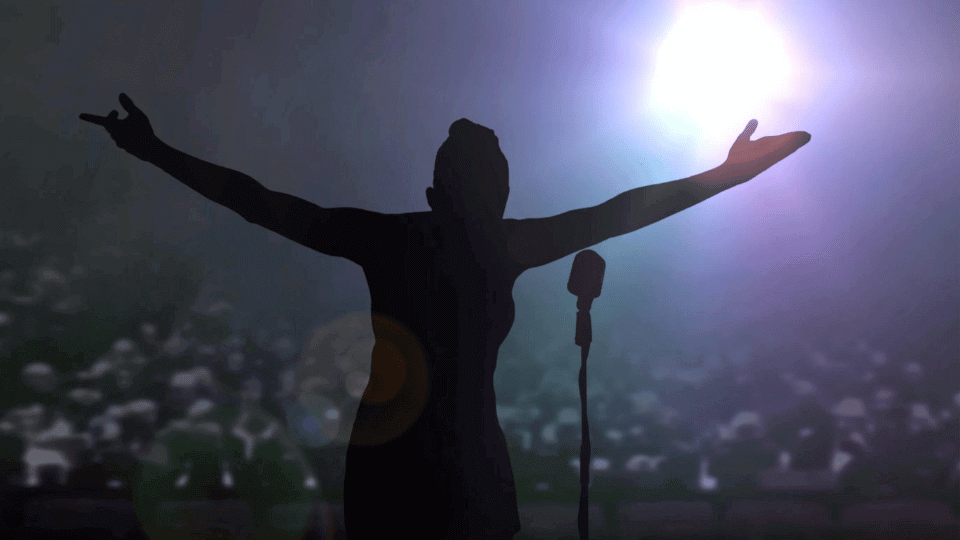In the Realm of Controversial Music
In the realm of music, controversy has always been a driving force behind innovation and artistic expression. From the scandalous performances of Elvis Presley in the 1950s to the provocative lyrics of artists like Eminem and Madonna, controversial music has captivated audiences and sparked heated debates. But what exactly makes music controversial? And why do some artists choose to push the boundaries of societal norms? We’re about to delve into the world of controversial music, examining its impact on society, the creative process behind it, and the ongoing debates surrounding this form of artistic expression.
What Defines Controversial Music?
The first question that arises when discussing controversial music is what exactly qualifies as controversial. Controversy in music can take various forms, ranging from explicit lyrics and provocative performances to political statements and social commentary. It often challenges prevailing norms, tackles taboo subjects, and pushes the boundaries of what is considered acceptable in mainstream culture. Controversial music can be a powerful tool for artists to express their views, challenge authority, and provoke thought and discussion.
The Impact of Controversial Music
One of the most notable examples of controversial music in recent history is the rise of gangsta rap in the 1980s and 1990s. Artists like N.W.A and Tupac Shakur used their music to shed light on the harsh realities of life in inner-city neighborhoods, addressing issues such as police brutality, poverty, and systemic racism. Their lyrics were often explicit and unapologetic, drawing both admiration and criticism from different segments of society. While some hailed these artists as voices of the marginalized, others condemned their music as promoting violence and misogyny.
Another aspect of controversial music lies in its ability to challenge societal norms and provoke moral outrage. Artists like Marilyn Manson and Lady Gaga have been known for their provocative performances and imagery, pushing the boundaries of what is considered acceptable in the mainstream music industry. Through their art, they seek to challenge established norms and encourage individuals to question societal conventions. These artists often face backlash from conservative groups and moral watchdogs, who argue that their music promotes immorality and undermines traditional values.
Controversial music also plays a crucial role in shaping cultural and political discourse. Artists have historically used their platforms to address social and political issues, often becoming the voice of the marginalized and oppressed. Songs like Bob Dylan’s “Blowin’ in the Wind” and Public Enemy’s “Fight the Power” became anthems for social justice movements, rallying individuals to challenge the status quo. By addressing controversial topics and highlighting societal injustices, musicians have the power to inspire change and foster dialogue on important issues.
The Creative Process Behind Controversial Music
The creative process behind controversial music is often driven by a desire to challenge the status quo and provoke a reaction. Artists may intentionally push boundaries to elicit strong emotions and force listeners to confront uncomfortable truths. This can be a risky endeavor, as controversial music often faces censorship and backlash from conservative groups and authorities. However, for many artists, the risk is worth it, as they believe in the power of their art to make a difference and spark meaningful conversations.
In essence, controversial music has always been a powerful force in the world of art and entertainment. It challenges societal norms, pushes boundaries, and sparks thought-provoking discussions. From political statements to provocative performances, controversial music has the ability to shape culture, inspire change, and give a voice to the marginalized. While it may face criticism and censorship, its impact cannot be denied. As society continues to evolve, so too will the boundaries of controversial music, guaranteeing its vibrant presence in the realm of artistic expression for many years to come.
Key Takeaways
- Controversial music has always been a driving force behind innovation and artistic expression.
- It challenges societal norms, tackles taboo subjects, and pushes the boundaries of what is considered acceptable in mainstream culture.
- Controversial music can be a powerful tool for artists to express their views, challenge authority, and provoke thought and discussion.
- It plays a crucial role in shaping cultural and political discourse, addressing social and political issues, and inspiring change.
- The creative process behind controversial music often involves intentionally pushing boundaries to elicit strong emotions and force listeners to confront uncomfortable truths.
If you’re passionate about the music industry and want to learn more about its inner workings, consider taking the “NYU x Billboard | Music Industry Essentials” online course and certificate program offered by Yellowbrick. This comprehensive program, developed in collaboration with New York University, provides valuable insights into the music industry, including topics like artist management, marketing, touring, and more. By enrolling in this course, you can gain the knowledge and skills necessary to navigate the complex world of music and turn your passion into a successful career. Explore the program today and take a step closer to your dreams in the music industry.




